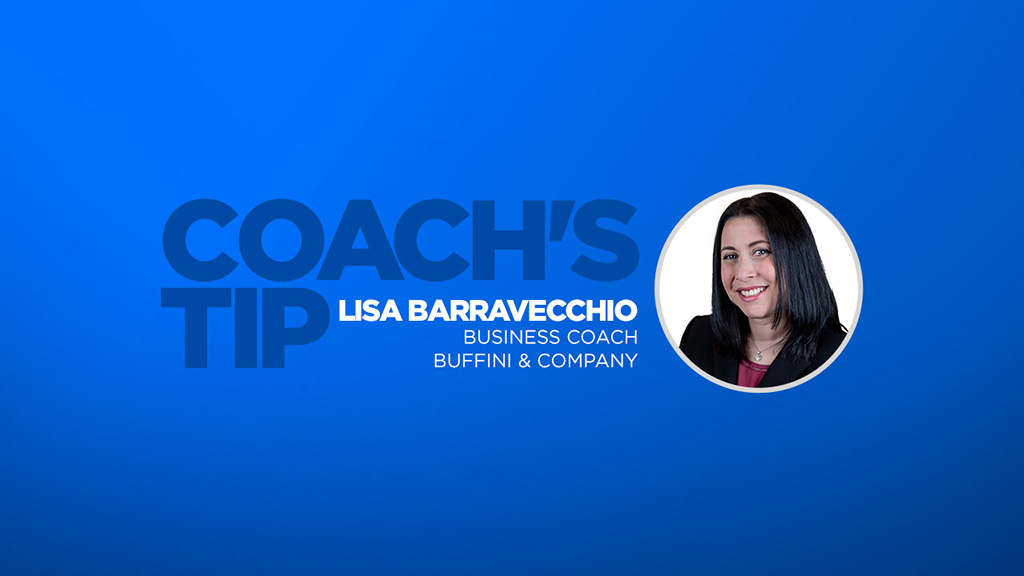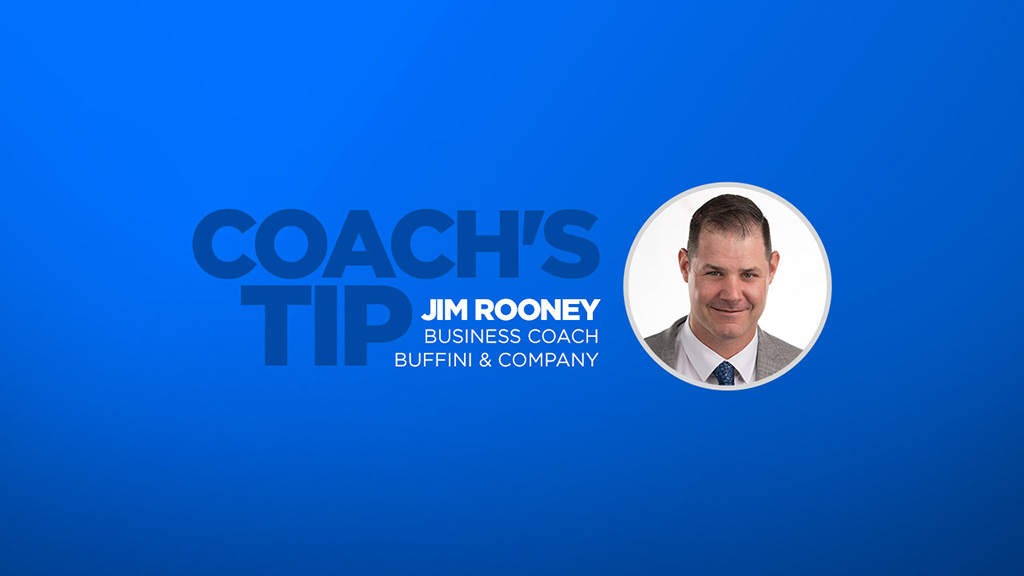New Agent Guide: Learning the Language of Real Estate

As a new real estate agent, or if you’re onboarding new agents, it’s important that you understand the basic terminology used in transactions. Here are definitions of some of the most common terms you will hear.
Types of Agents
A Buyer’s agent exclusively represents the buyer, assisting them in setting up homes to visit, helping in price negotiations and connecting them with other professionals such as home inspectors and mortgage brokers.
A seller’s agent represents the seller, offering suggestions on how to show the home, including staging, marketing the property, and negotiating the sale price.
On rare occasions a dual agent will represent both buyer and seller.
Resources for Agents
Customer relationship management (CRM) is a system or software program that helps to organize your customers’ records and track your interactions with them.
Multiple Listing Services are private databases that are created, maintained and paid for by real estate professionals to help their clients buy and sell property.
Real estate farming is a prospecting strategy that agents use to grow and nurture future business in a specific area or market demographic.
A real estate sphere of influence is all the connections in an agent’s network.
Financial Terms
Before starting to search for a home, a buyer gets pre-qualified for a mortgage loan from a lender. This ensures that the buyer will be able to qualify for a loan up to a set amount and gives them an idea of what they will be able to afford.
Fixed-rate mortgages have interest rates that remain the same throughout the entire span of the loan.
Adjustable-rate mortgages (ARM) have interest rates which change periodically, depending on interest rates.
The down payment is the amount paid by the homebuyer to the lender during the closing.
Steps in Buying and Selling Cycle
A comparative market analysis (CMA) provides an estimate of a property’s value based on comparable properties that have sold in the area. The seller’s agent will do this before the home goes on the market to help sellers determine a sale price.
A purchase agreement (sometimes called a purchase and sale agreement or residential purchase agreement, depending on the state) is a document that is created after the buyer and seller mutually agree on the price and terms of the sale of the home.
A real estate appraisal is done by a professional to assess the value of the home. Lenders require this prior to loan approval to ensure the price of the home is at market value.
A home inspection isdone by a professional who assesses the actual condition of the home prior to the sale. The inspector then provides a report to the potential buyer on anything that may raise red flags. The buyer can then negotiate with the seller for those issues to be taken care of if the buyer desires to do so.
A title search examiner reviews all public records associated with a home’s history, including previous purchases, sales, taxes and liens. The title is a document that states the property is clear of all past due taxes, liens and property disputes.
A seller disclosure is a document that outlines major work done on a property {such as a new roof) and any negative information about the property, such as water damage, malfunctioning electrical systems and infestations. The disclosure is due to the buyer at least three days prior to the closing.
Closing costs include such things as loan fees, attorney fees, and insurance among others. These costs are detailed in a Closing Disclosure that is drafted by a real estate attorney before the actual closing.
The closing is when it all comes together! Usually held at an attorney’s office or Registry of Deeds, this is when all paperwork transferring the ownership of the home to the buyer is done.
There will be many more terms you will learn throughout your career as a new agent. Buffini & Company’s training and coaching programs will help you over the learning curve and propel your career to greater heights of success.






